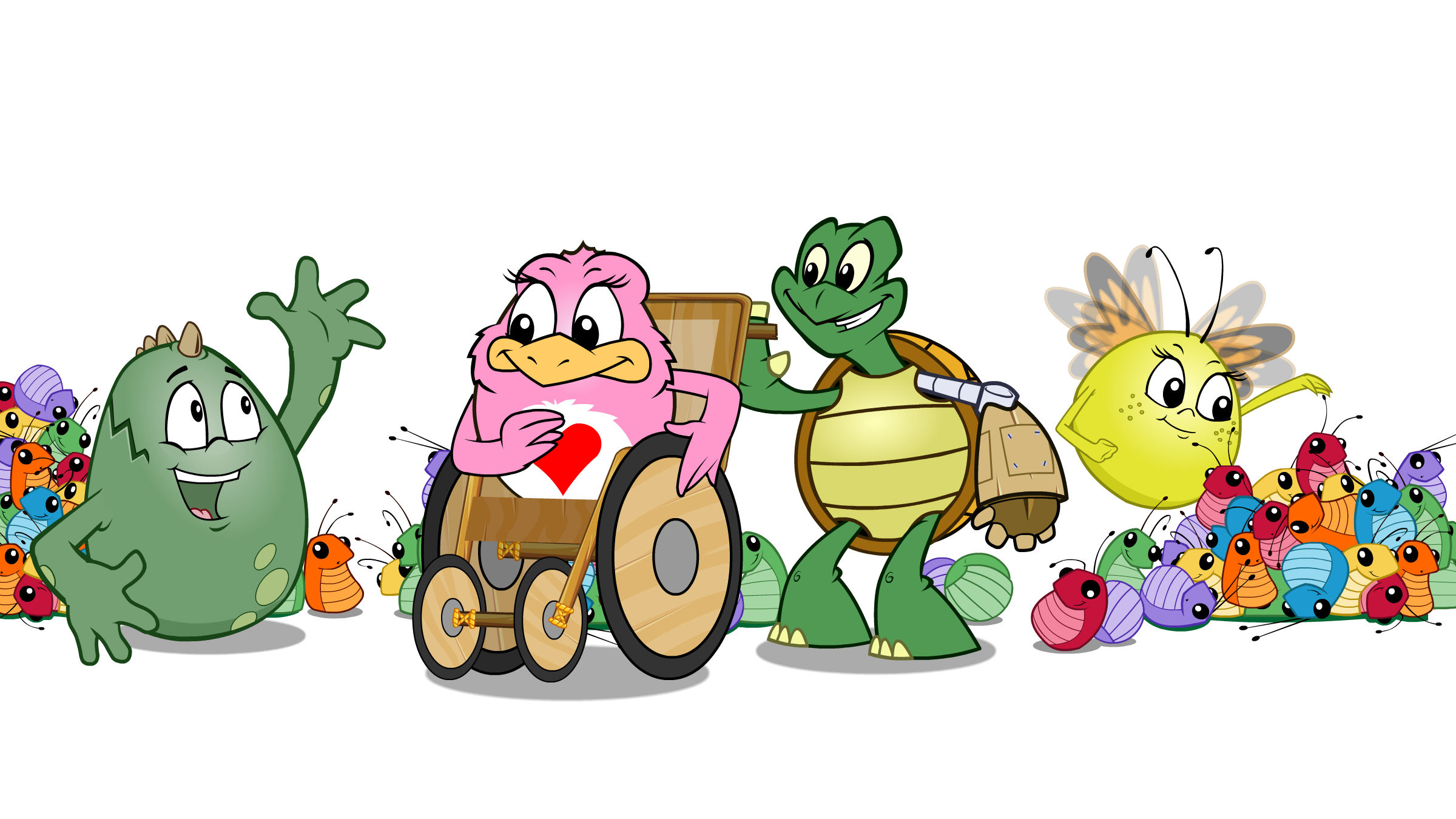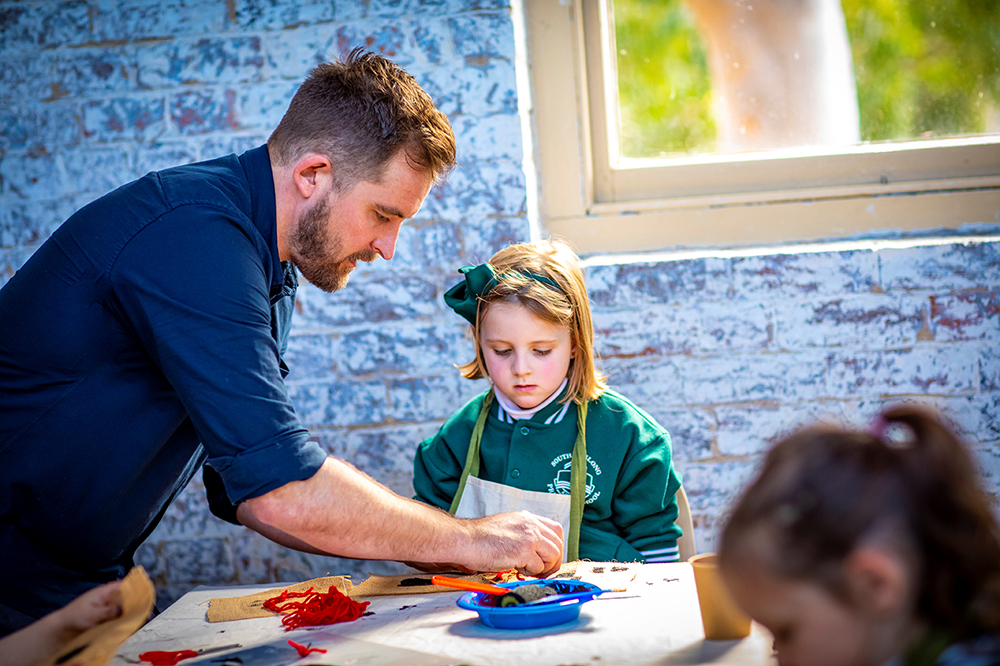By Jade Glen
As the mother of two daughters, people like to say two things to me: ‘are you going to try for a boy?’ And then – ‘oh, just you wait ’til they are teenagers!’- generally accompanied by a knowing smirk and an elbow to the ribs.
It seems to be widely accepted that teenage girls are difficult, conniving and horrible, and that parenting them is some kind of decade-long nightmare from which a parent might be lucky to emerge, stumbling and shell-shocked, somewhere before their daughter’s 20th birthday.
But it doesn’t have to be that way – psychologist Dr Sarah Hughes says some simple strategies can help parents and their daughters navigate the turbulent teen years.
She has penned a survival guide for parents called ‘Skip the Drama: Practical, get-ahead strategies to survive your daughter’s teenage years.’
“I think teenage girls face a lot of stressors that we need to be aware of so we can support them properly,” says Dr Hughes, who holds a Doctorate in Clinical Psychology and a PhD in child and adolescent anxiety disorders.
“In a lot of ways, the challenges parents of teens face today are the same challenges our parents faced with us, but the task of parenting a teenage girl has also been made exponentially more difficult now that social media is in play.
“The same pressures exist that always have – body image pressures, the pressure to be popular, and to perform well in school and extracurriculars – but the comparative thinking that social media encourages, and its public nature means that the pressure is far greater than it’s ever been before. It’s all the more reason for parents to have the right strategies to support their teens in the right way.”
In Skip the Drama, Dr Hughes lays out practical strategies for parents to respond to several common scenarios, supported by real-life examples.
“The teenage years are long and most parents will come across at least a few of the issues covered by Skip the Drama, if not more, by the time their teen is 14 or 15.
“The book covers common run of the mill teenage issues – like how to manage excessive phone use and selfishness, and how to talk to teens about drug and alcohol exposure, and sex – but it also covers increasingly common issues like what to do if your daughter is anxious, depressed, showing an unhealthy interest in dieting, or cutting – which most parents understandably feel overwhelmed by.”
Dr Hughes said one of the most important things for parents was to adapt their parenting style as their daughter entered the teen years.
“Some parents find it hard to let go of a ‘you’ll do as I say because I’m the parent’ parenting philosophy to switch to a more collaborative approach but collaborating with teens is a really effective parenting strategy.
“That doesn’t mean giving in to whatever your teen wants just to keep the peace – that’s the worst thing you can do – but it means taking the time to try to see things from your teens point of view, and then trying – where it’s possible – to meet them half way,” she said
“Doing this will show your teen you respect her, and because you’ve shown her you’re willing to listen, she’ll be more willing to listen to you as well, and also more likely to comply with your requests.
“Switching to a collaborative approach is a pretty big shift for most parents, but it’s effective and if you want a healthy and reciprocally respectful relationship with your teen, it’s the approach you need to use.”
Dr Hughes said there was no magic age that the teenage angst ended.
“The teenage years can feel like they’re going to drag on forever – but it does get easier. ”
With years of experience in treating teenage girls, Dr Hughes is now living the other end of the spectrum, welcoming her first child, a son, midway through writing the book.
“We still have some time ahead of us before we hit the teenage years in my house, but he’s given us a baptism by fire so far, so much so that I’d almost rather be living with a teen. I’m sure I’ll change my tune when he puts us through our paces in his teenage years though!”













